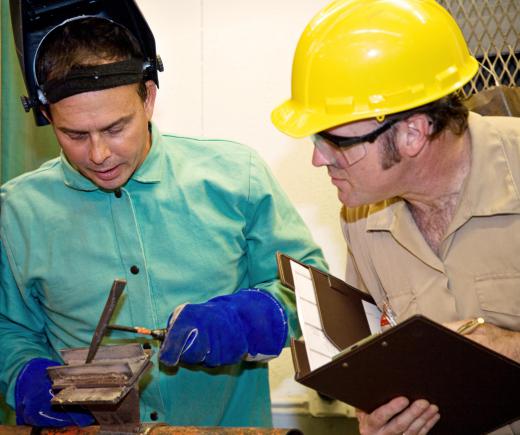A quality coordinator is responsible for ensuring that the organization he or she is working for is in compliance with all regulations applicable to the industry. A number of organizations employ quality coordinators. The training that a you will need to become a quality coordinator will depend on the type of industry where you would like to work.
Completing the requirements for an undergraduate degree is the way to get the qualifications necessary to become a quality coordinator. This type of program includes a general background in arts and humanities courses. Working through the courses helps students to develop their critical thinking, analytical and communication skills. The final two years of the program is where they focus on a particular area of study.

The type of undergraduate degree program that you would choose if you want to become a quality coordinator would depend on the type of industry where you want to work. For example, a quality coordinator working in a health care setting could consider completing a Bachelor's degree in Nursing. Along with the undergraduate degree, you would need to have a few years of working experience before applying for a quality coordinator position.

A person who wants to become a quality coordinator working in a laboratory would need to have an undergraduate degree in a technical field. Studying chemistry, biology or microbiology at the post-secondary level would prepare you for this type of position. Experience working in the lab gives a candidate the background they need to analyze procedures and develop policies to improve the laboratory's functions.

The undergraduate degree in a technical field can help you qualify to become a quality coordinator working in the oil and gas industry. To become a quality coordinator working in a manufacturing setting, a bachelor's degree in engineering, operations management or quality business provides the educational background A good knowledge of quality procedures, process controls and a number of years working in the specific industry is also required.

The graduate who has a bachelor's degree will start working for a company in an entry-level position. By becoming familiar with the organization's procedures and the regulations that pertain to it, they gain the experience they need to step into a quality coordinator position. Many employers who are looking to recruit workers for these roles are looking for candidates who have a minimum of three years of practical experience for these kinds of positions.
